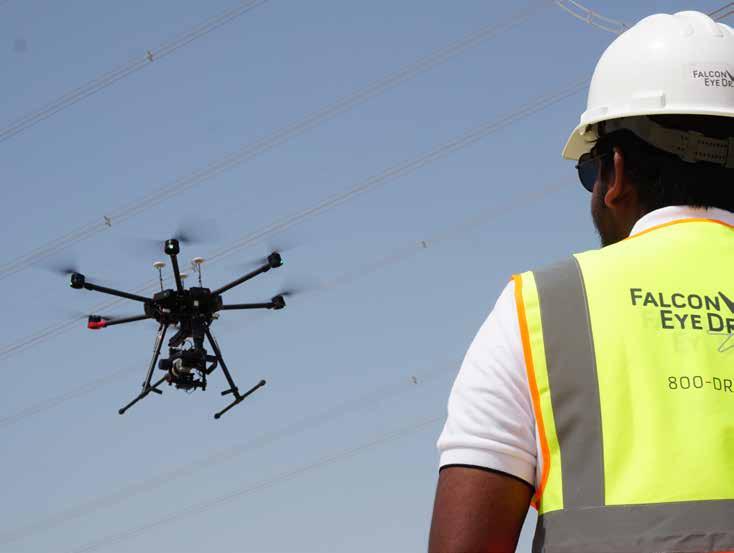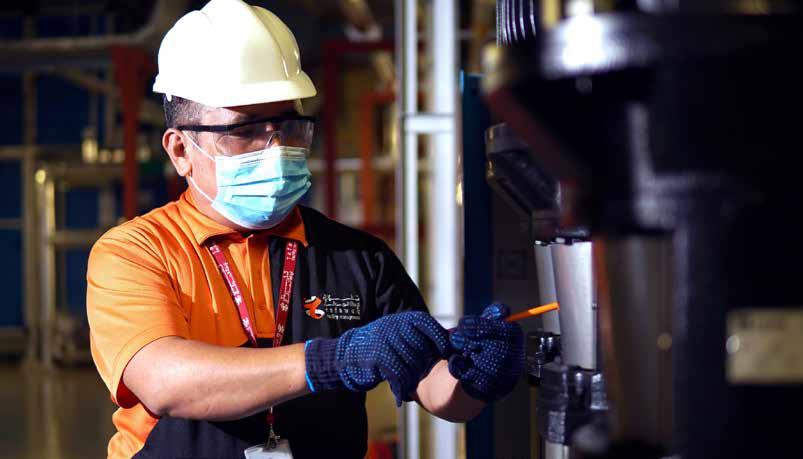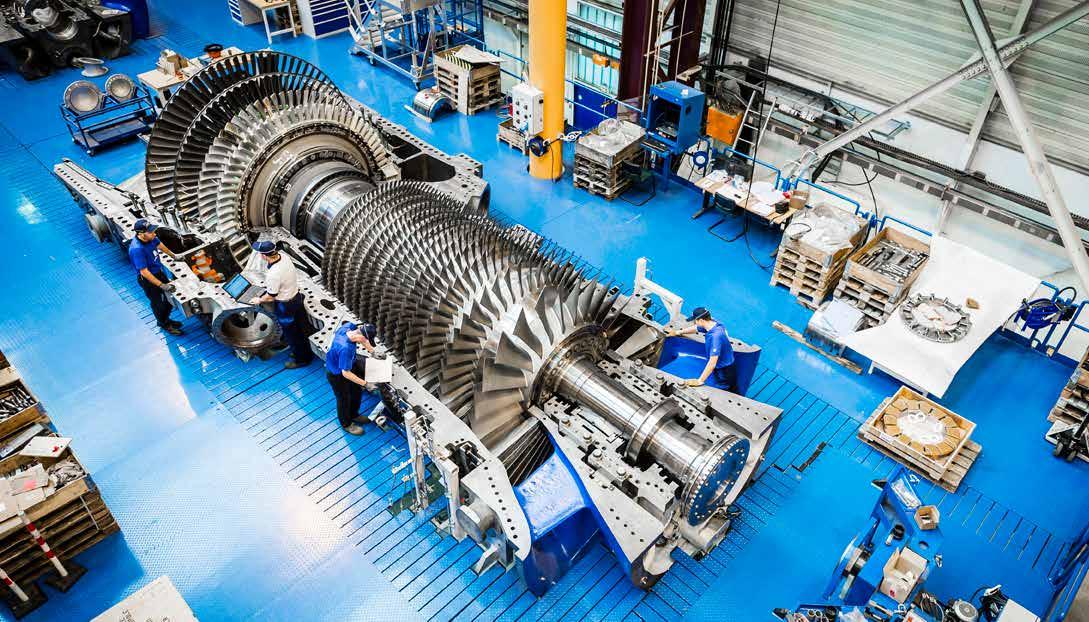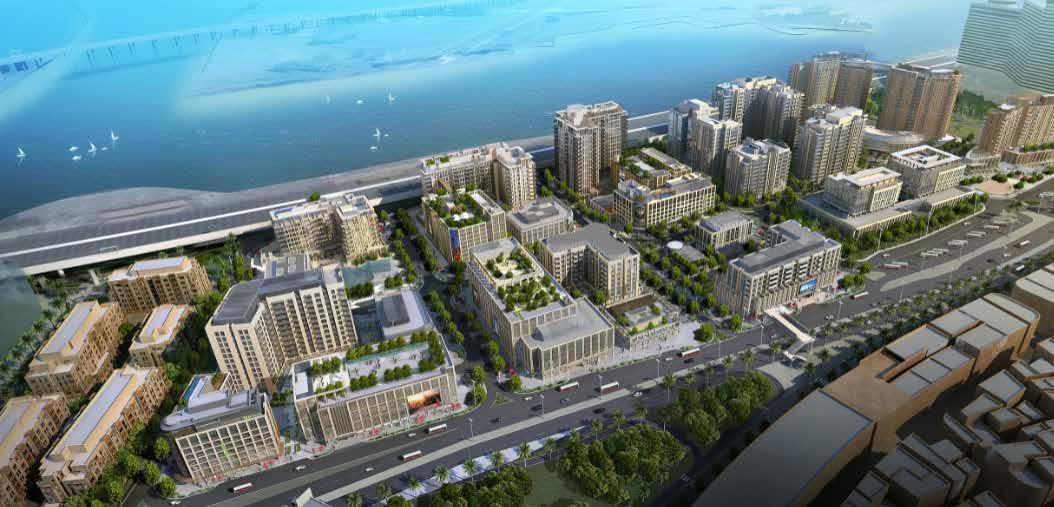// ENERGY
DECARBONIZATION GE Gas Power explores the role of gas in MENA’s energy future
MENA’s population is projected to continue to grow faster than the global average for the foreseeable future - from over 448 million in 2018 to more than 719 million in 2050. Some countries in the region, such as Iraq, are recovering from prolonged periods of conflict, while more mature economies like those in the Gulf Cooperation Council (GCC) are diversifying their industrial base. “As they look to grow and develop further, governments across the region are exploring opportunities to strength26
en public infrastructure and trying to balance the growing need for reliable power against climate change concerns and sustainability goals. Consequently, MENA’s energy landscape is undergoing a grand transformation,” said Joseph Anis, President & CEO of GE Gas Power Middle East, North Africa and South Asia. THE EVOLVING ENERGY LANDSCAPE GE and external analysts predict that as renewable energy becomes more affordable, it will be the fastest growing
// CONSTRUCTION BUSINESS NEWS ME // JULY 2020
segment in MENA, and in the overall global energy mix. In the UAE, for example, the Energy Strategy 2050 targets an energy mix that includes 44 percent clean energy, while Kuwait has set the target to supply 15 percent of peak electricity demand from renewable energy sources by 2030. As little as a decade ago, such aggressive alternative energy targets from the world’s leading oil and gas producers would have been almost unimaginable. It is understood that flexible thermal generation, however, will continue









